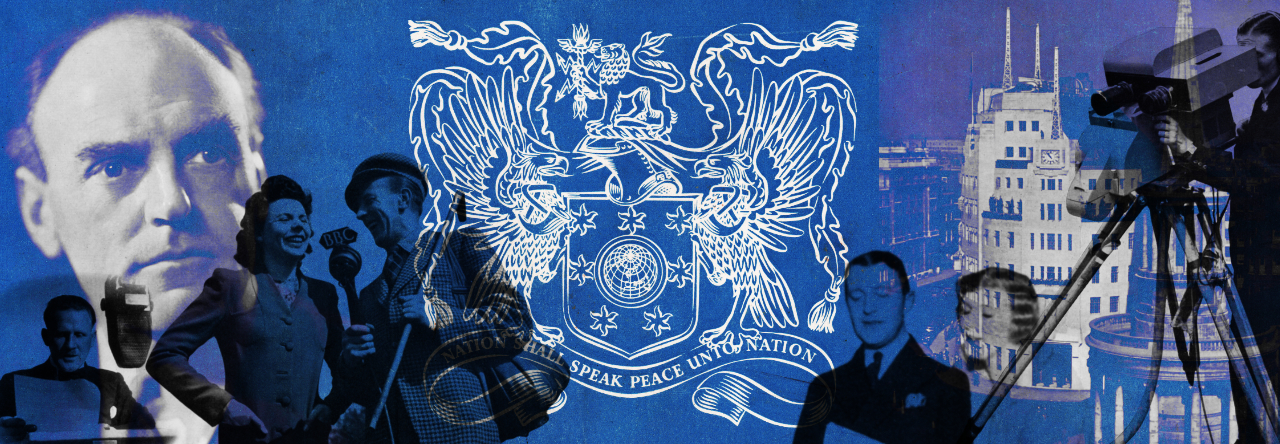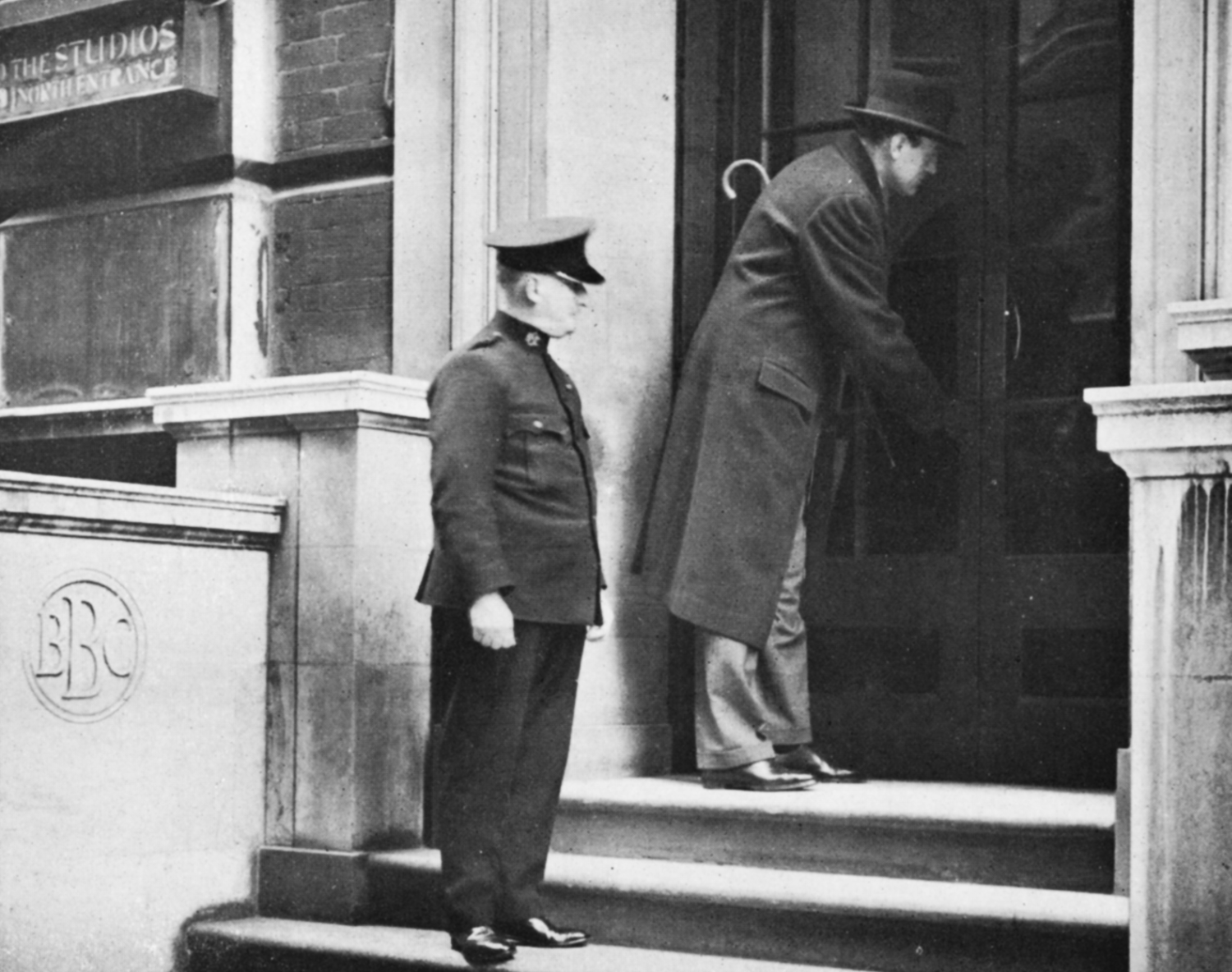Farewell, Savoy Hill . . .
WHEN Parliament decided that the BBC should have a Royal Charter for ten years from 1926, a new organization, operating a modern medium, was lent the dignity and colour of an ancient form. The BBC had its own coat of arms, and flew its own flag. It directed its own activities without interference and controlled its own monies. The Charter called on the BBC to develop broadcasting ‘to the best advantage and in the national interest’. The expanding policy of the years after 1926 showed that the BBC had accepted the full measure of that charge. A high standard of musical performances was set, symphonic and operatic. Plays specially written for broadcasting were encouraged. Men and women distinguished in the Arts and Sciences were invited to the microphone. A parliamentary ban on political controversy at the microphone was raised in 1928. In 1932, the BBC began a service on short waves to the Commonwealth. It was an act of faith and of high technical skill; success was certain after King George V’s Christmas Day broadcast. The metal instrument box had grown new and more powerful wings.


